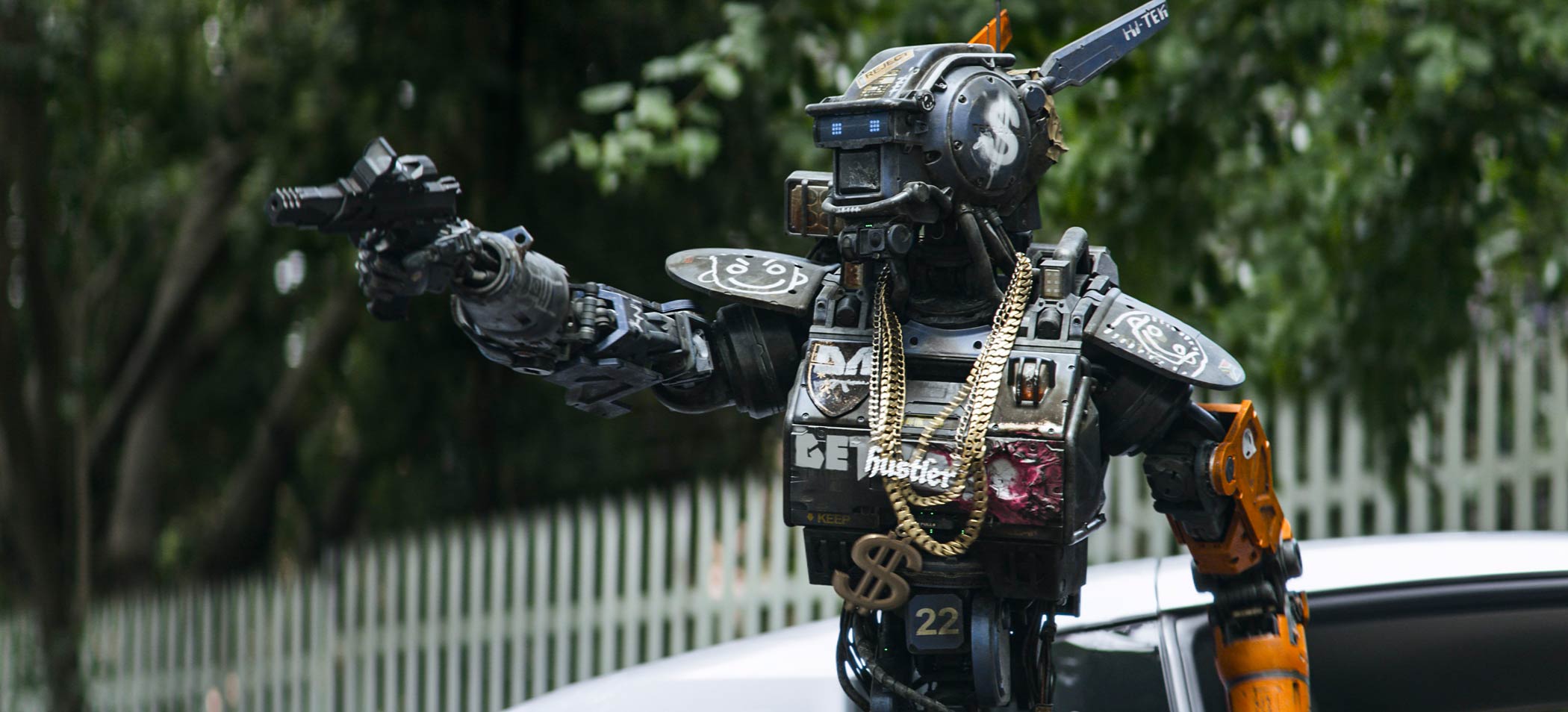
Neill Blomkamp has spent the press tour for his new film Chappie promoting his next film, an installment of the Alien franchise. It’s not even underway yet, but its existence is a terrible sign. There’s never been a time at which the public was more excited about fantastical storytelling—and, simultaneously, never been a time at which the set of ideas animating the sci-fi genre has been so moribund.
Chappie, for instance, takes an interesting and provocative subject, the potential role of artificial intelligence in society, and saps it of any charge it might have. The titular Chappie, designed to be a peace-keeping police robot but uploaded with A.I. created by a genius whose intelligence we cannot access, is unambiguously good; his primary antagonist, a weapons contractor who wants to wipe out all the police robots in order to ensure funding for his massive war machine, is dully evil. There’s a great movie to be made about a society that cedes its police operations to robots, but Chappie falls wildly short. The film hasn’t even bothered to figure out how its human protagonist invented artificial intelligence. (He just types on a computer for a while until he realizes that he succeeded.)
This film is one sort of missed opportunity, the sort Blomkamp’s Elysium was too. (A movie about class divisions writ large in a dystopian future could be great; a movie outlandishly unconcerned with teasing out any of those ideas, preferring simplistic action sequences, was far from it.) Blomkamp’s first film, 2009’s District 9, was a sensation precisely because it applied verve and brio to a set of ideas in a way that got audiences legitimately excited. By contrast, Elysium and Chappie have both seemed close to collapsing under the weight of their ideas, and zig away from them at the last minute in favor of broad villains and big explosions.
Where is the next great sci-fi movie? A.I., the very timely subject Chappie doesn’t capitalize on, is present in both The Avengers and The Terminator sequels out this summer, but the appearance lent by each film’s trailer is that the movies use omniscient robotic villains to set into motion a bunch of well-drawn fight scenes — not insights about technology and the future. (In fairness, no moviegoer would expect anything different.) We’re at a time when technology defines our lives to the degree that sci-fi films feel necessary, but that same technology has made photorealistic CGI of anything so attainable that good ideas aren’t really necessary. Franchises like Marvel, Terminator, Star Wars, and, yes, Alien are consuming creative talent and funding that could go to the next Minority Report. It’s not just that Blomkamp is the one behind the camera that makes the revival of Alien dispiriting. It’s that a genre that’s supposed to be the one that looks to the future is re-spinning the same yarn that began in 1979.
What else is on the horizon? Avatar‘s sequels have been delayed, and delayed again, and again—and, really, even if they were to come out tomorrow, wouldn’t most feel a tinge of sadness that this story, about which no one but James Cameron is passionate, is the project to which Cameron has put so much effort? And the sequel to Prometheus, a deeply flawed yet imaginative riff on the Alien universe that dared to have original characters and big, messy ideas that it followed through on, is slow in coming, in favor of another reprisal of Sigourney Weaver’s Ripley in space.
There’s nothing wrong with sequels as such, but they’ve become so de rigeur that studios seem unclear on what constitutes a good original property. In another era, Blomkamp might have been given the resources he needed to get out whatever ideas he thought he was trying to express with Chappie. Alternately, in another time, the audiences wouldn’t have been so starved for thoughtful science fiction as to hang a viable long-term career on the simple “What if the monsters… are us?” ideas of District 9.
But not all is lost, perhaps. Chappie‘s opposite measure came out last fall: While Chappie takes innovative subject matter and makes it as bland as possible, Interstellar is the most idiosyncratic potential framing of an old story, of leaving earth to survive elsewhere in the universe. Its oddities aren’t, necessarily, in what it had to say about the future of space travel, but in its insistence on dwelling on ideas about human nature and family. For all its faults, it had a soul—something that Chappie and endless sequels to huge hits all lack. A film with a wildly creative statement to make about the future is a lot to ask, but one with a good story to tell would be a start.
Read next: Don’t Fear Artificial Intelligence
See the Most Iconic Artificial Intelligence in Film
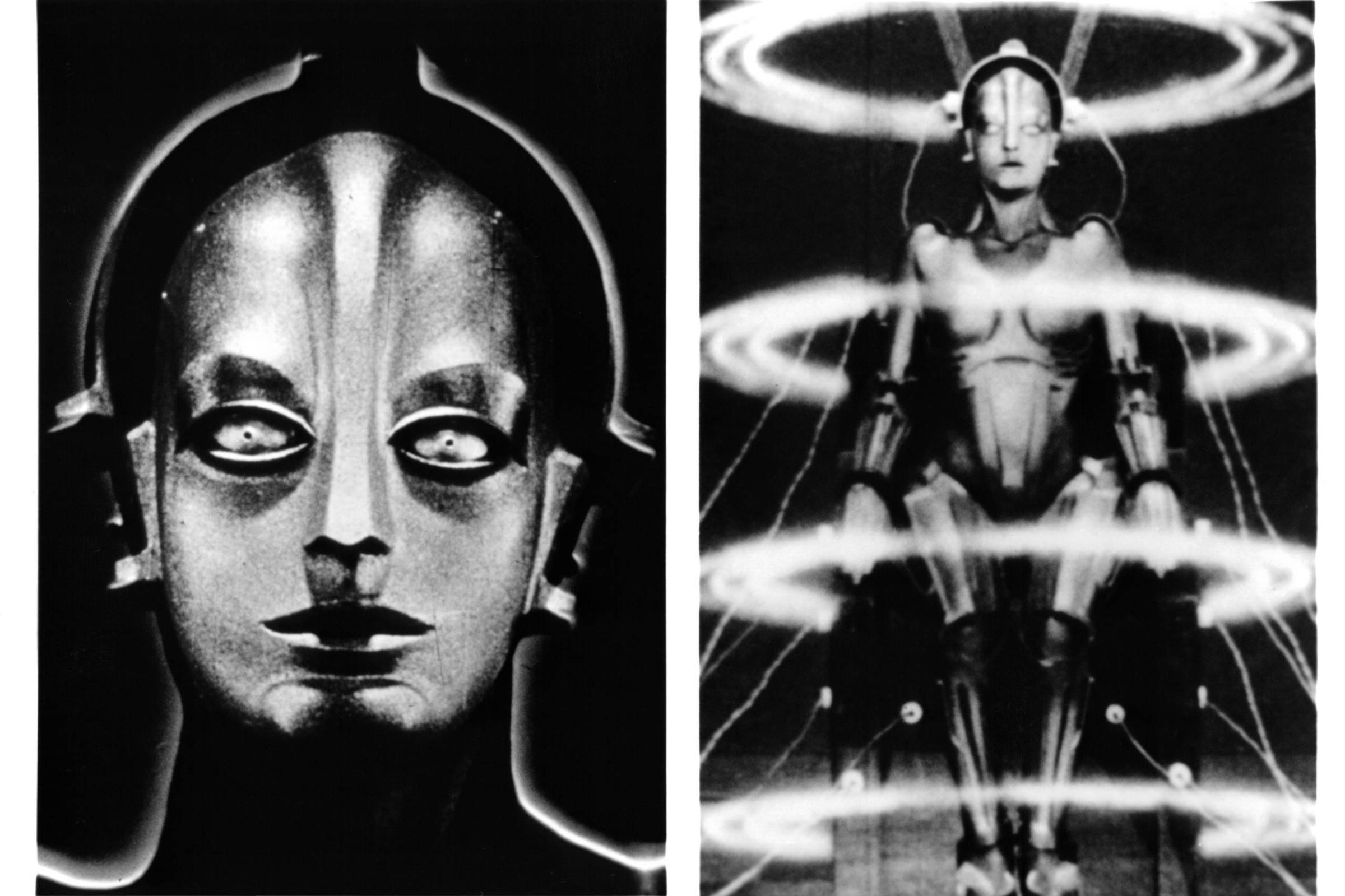
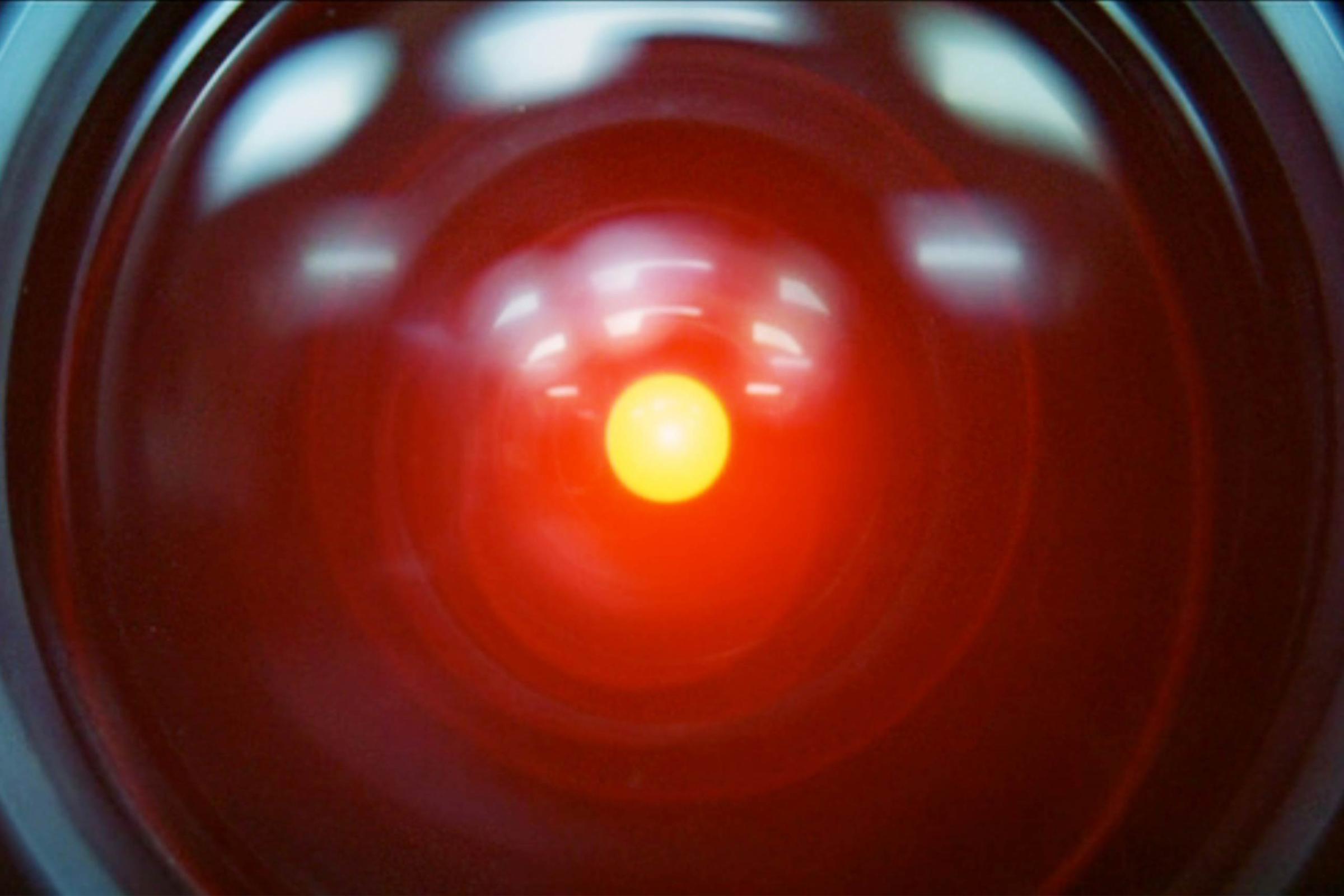
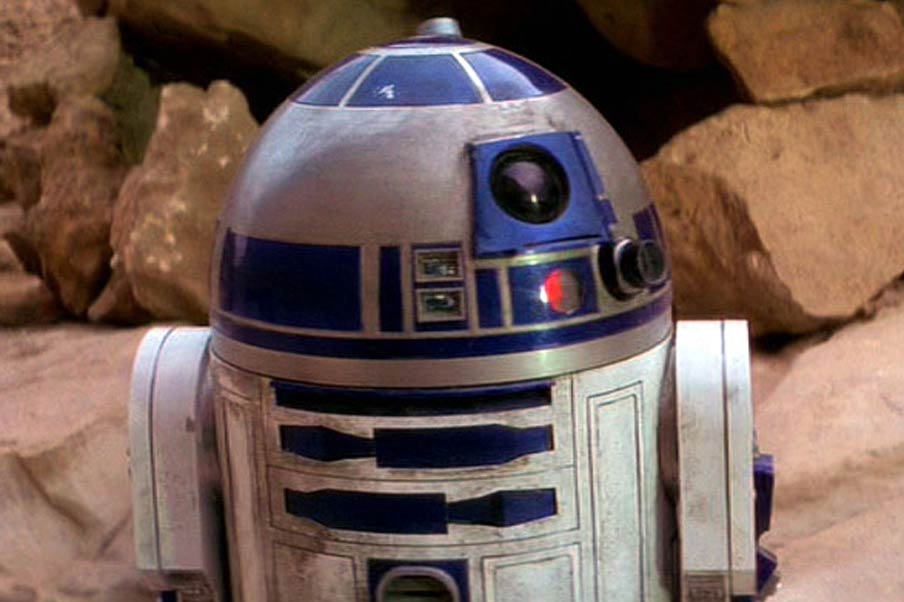
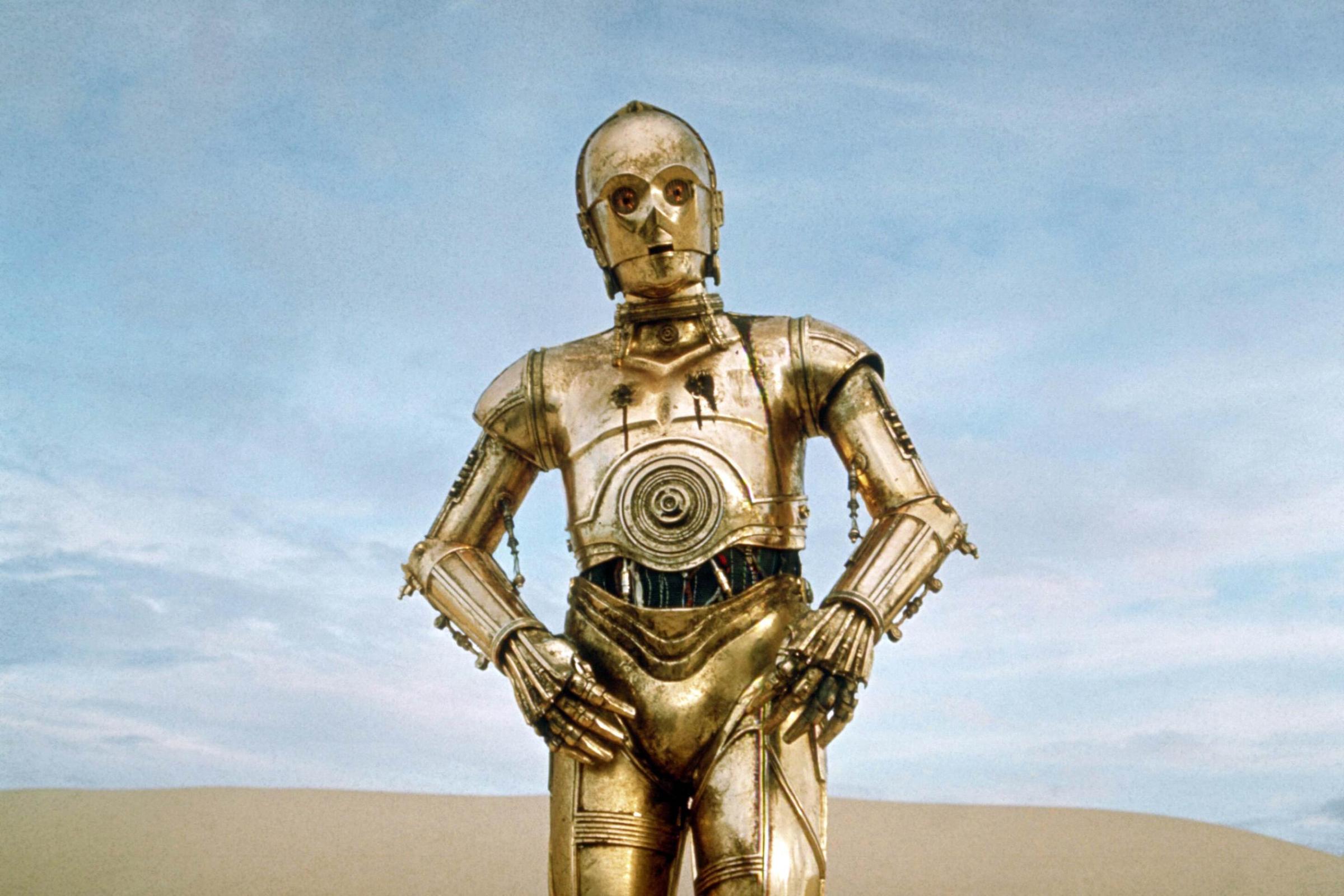
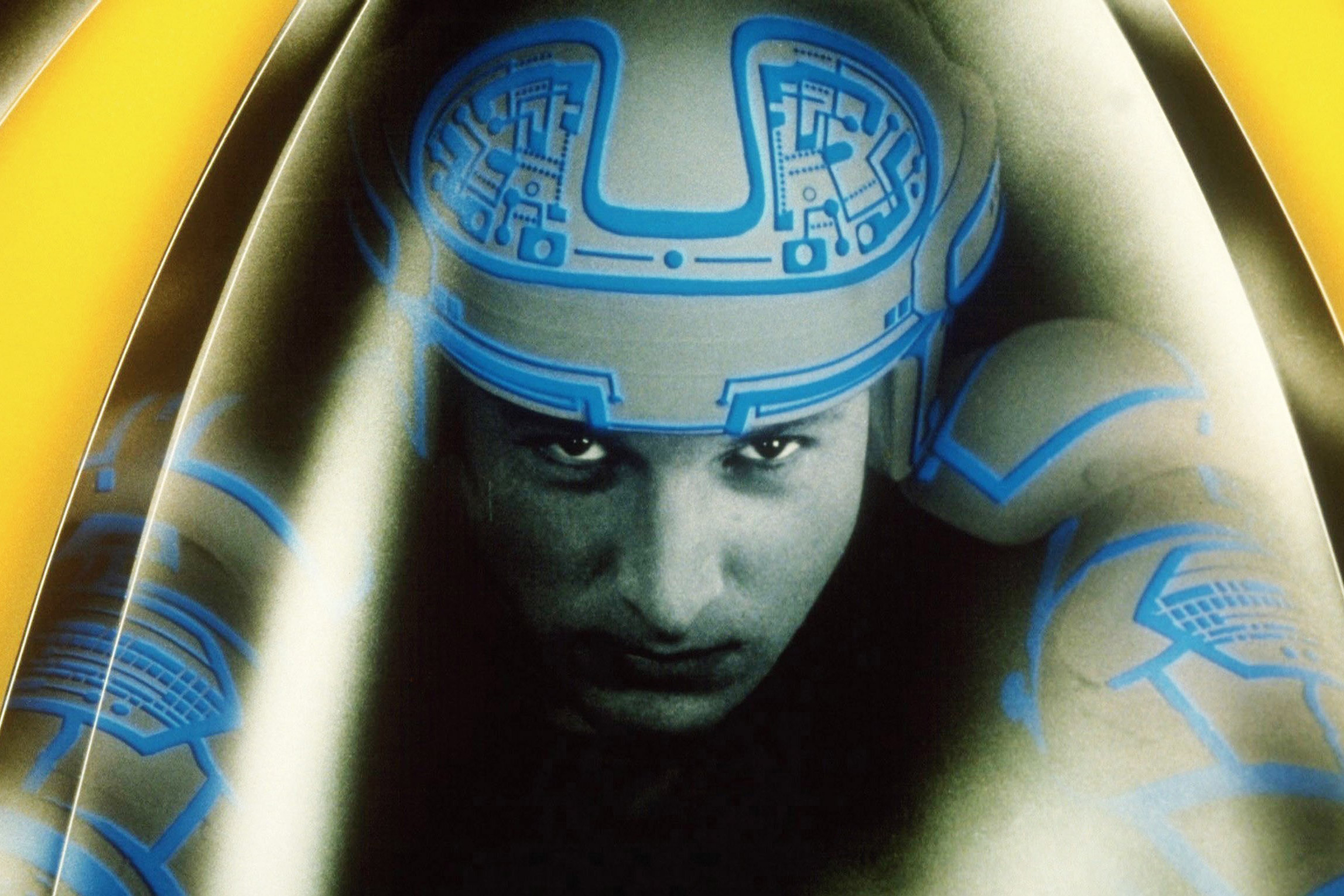
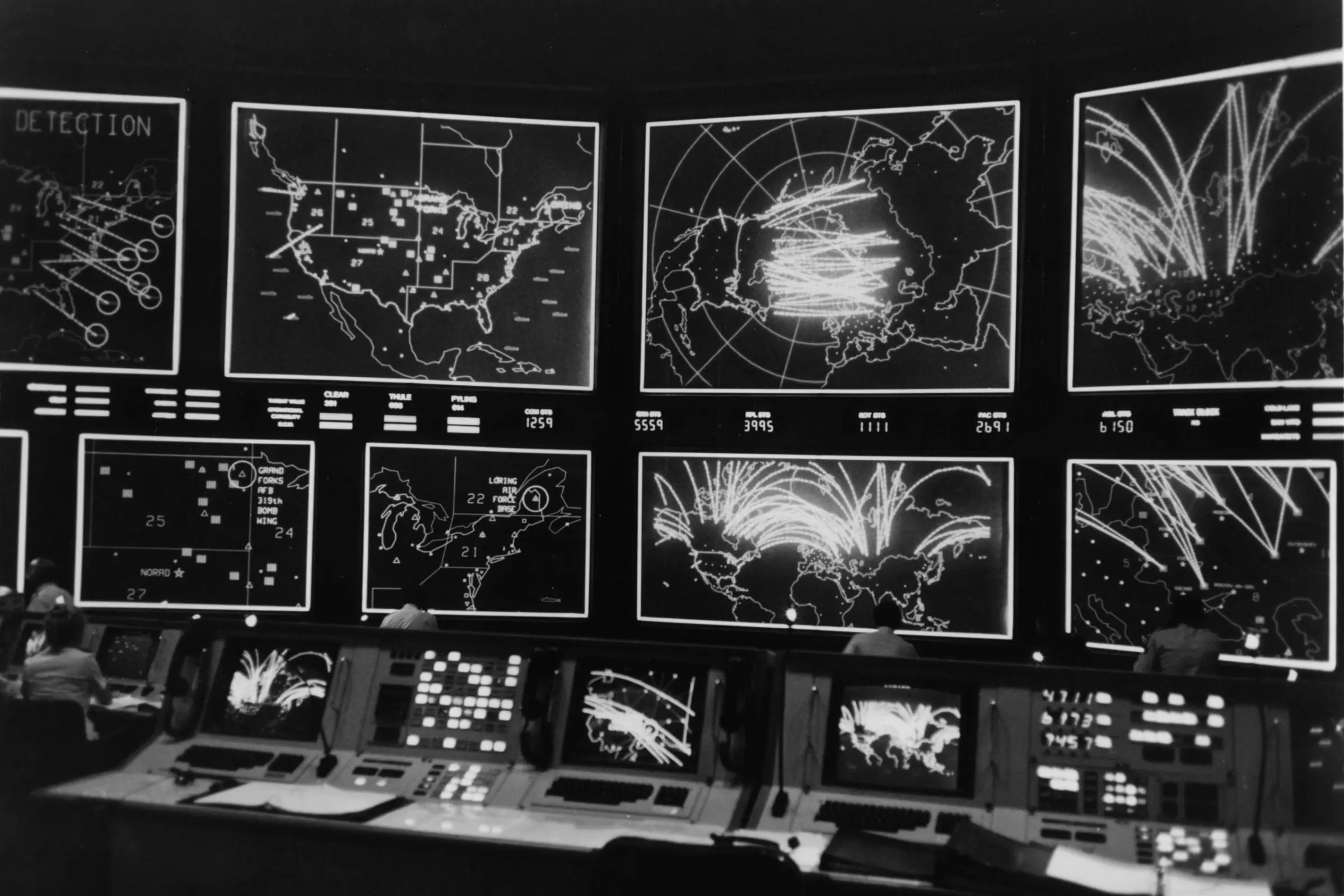
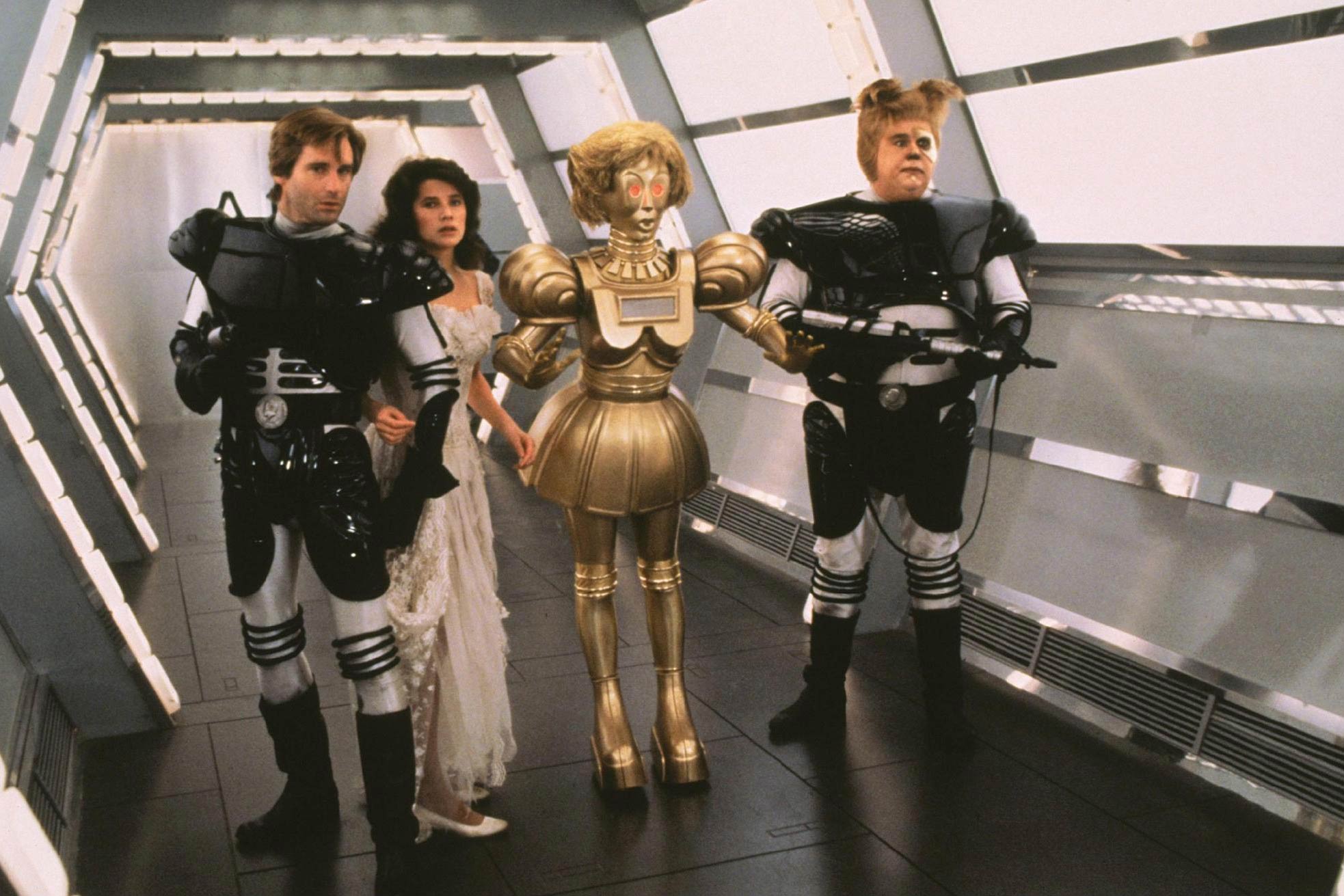
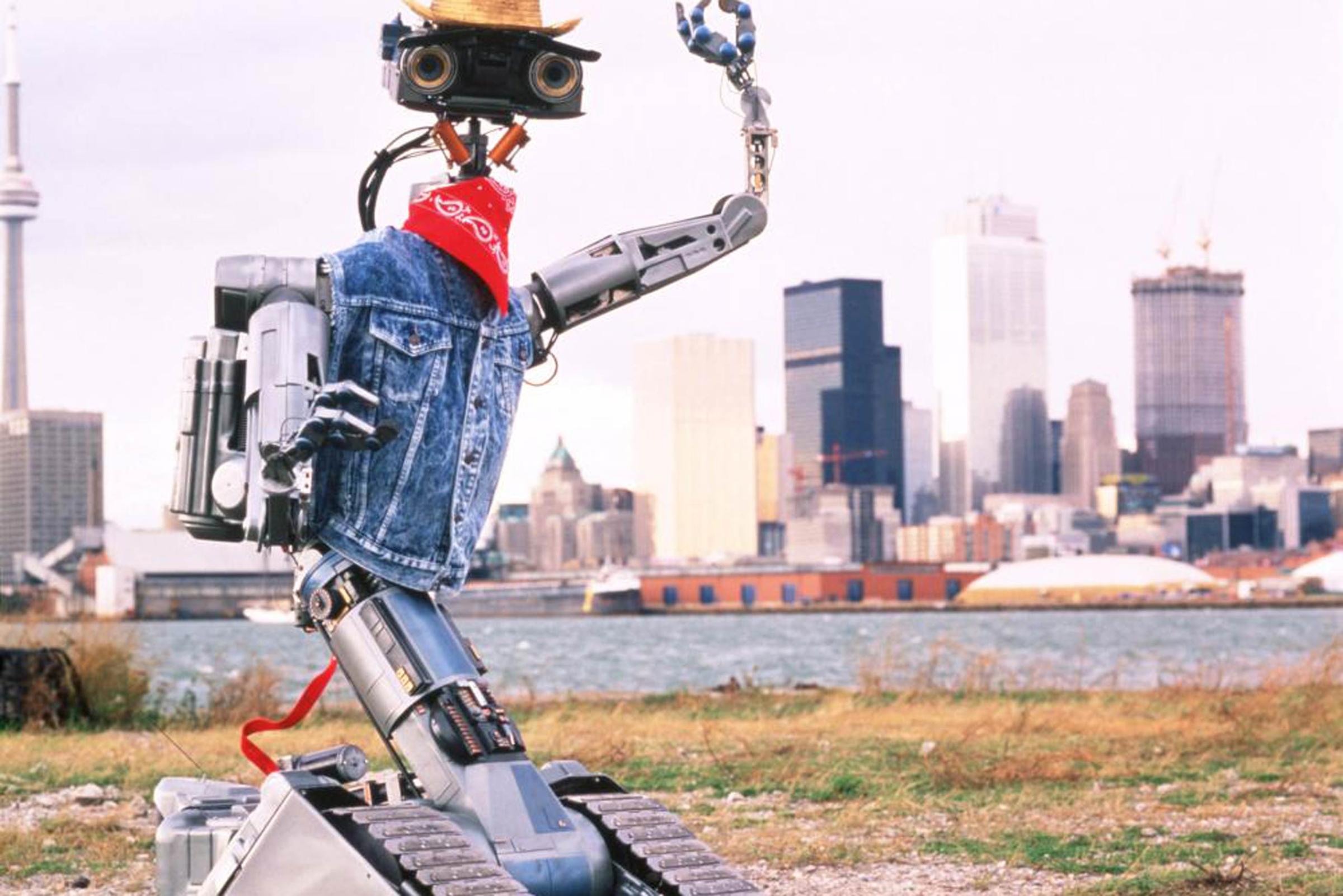
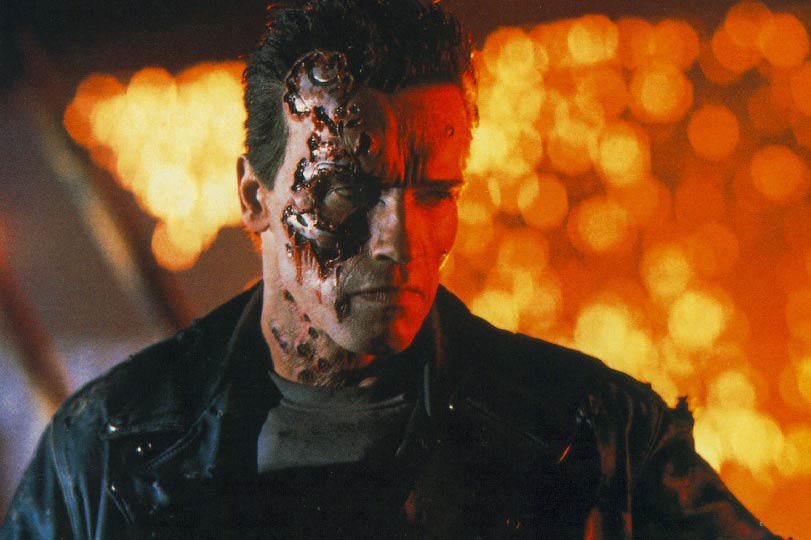
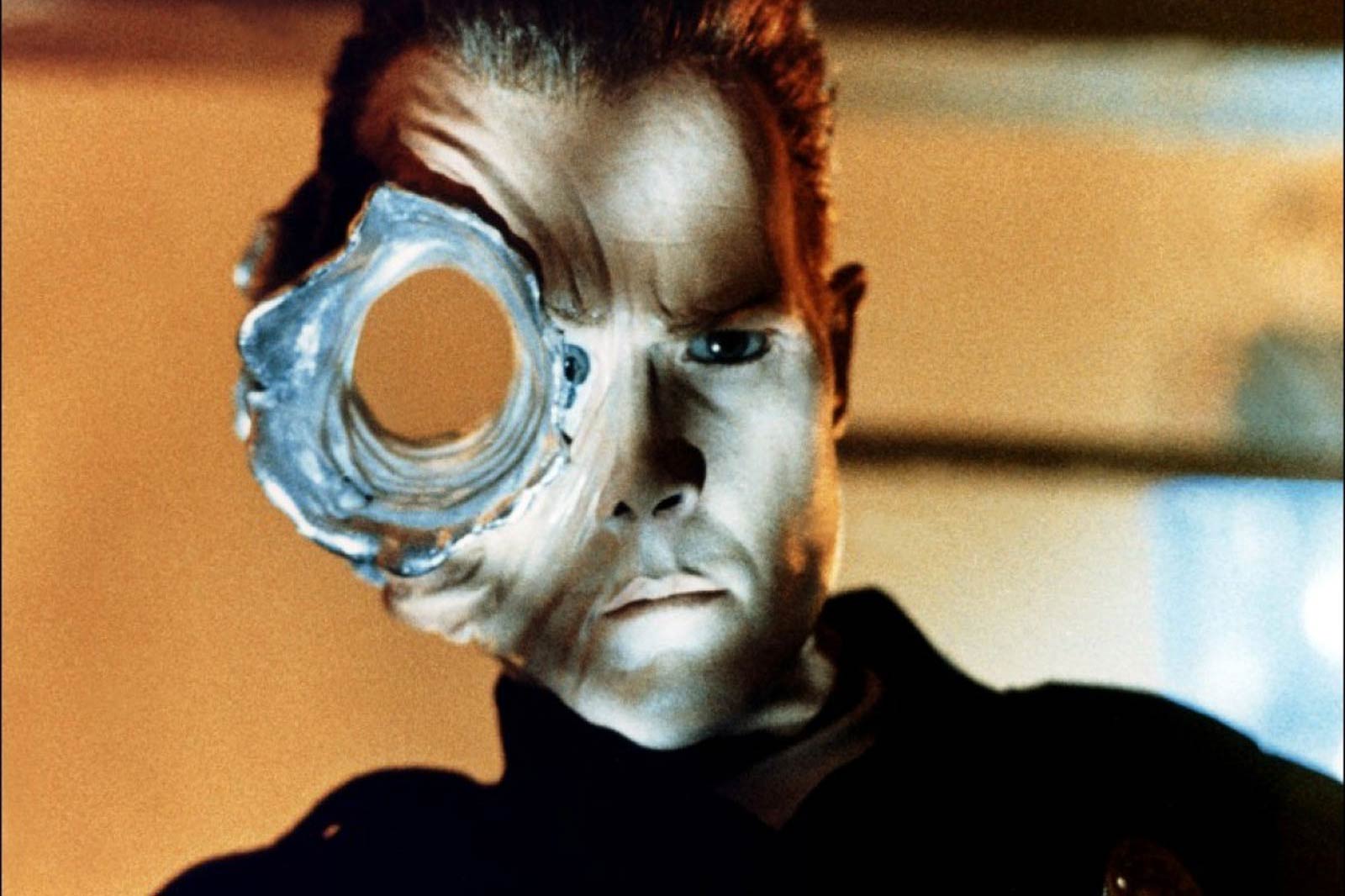
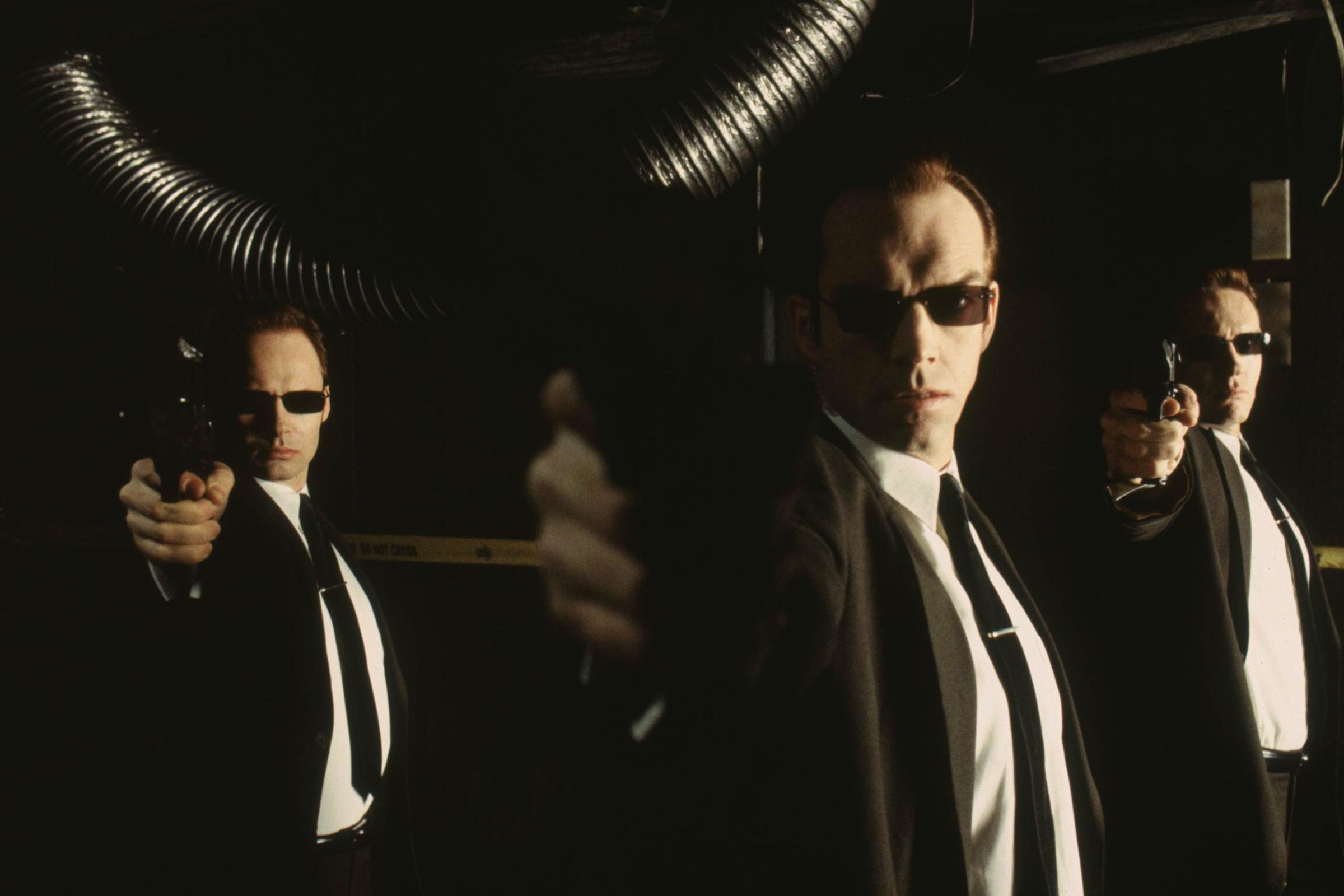
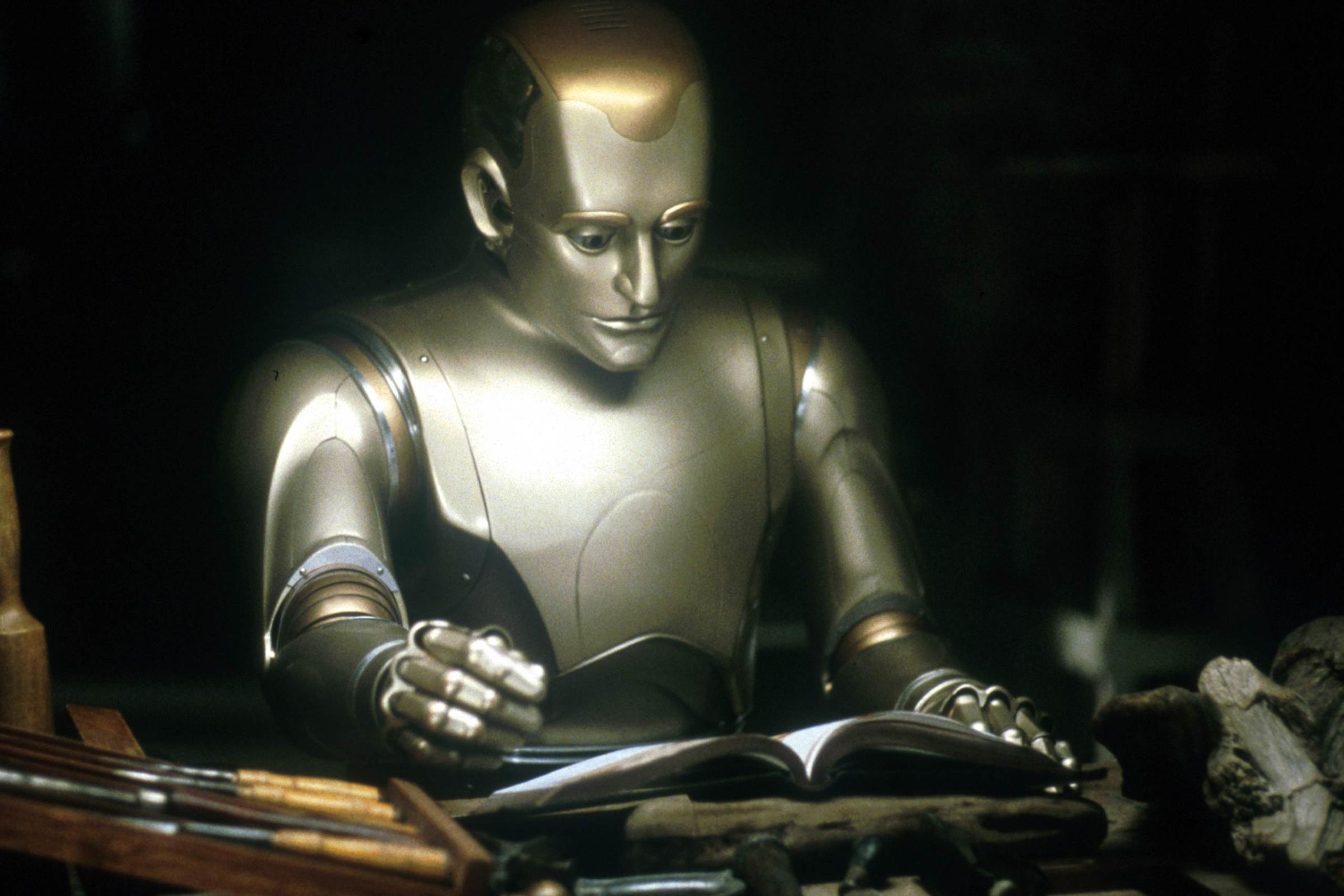
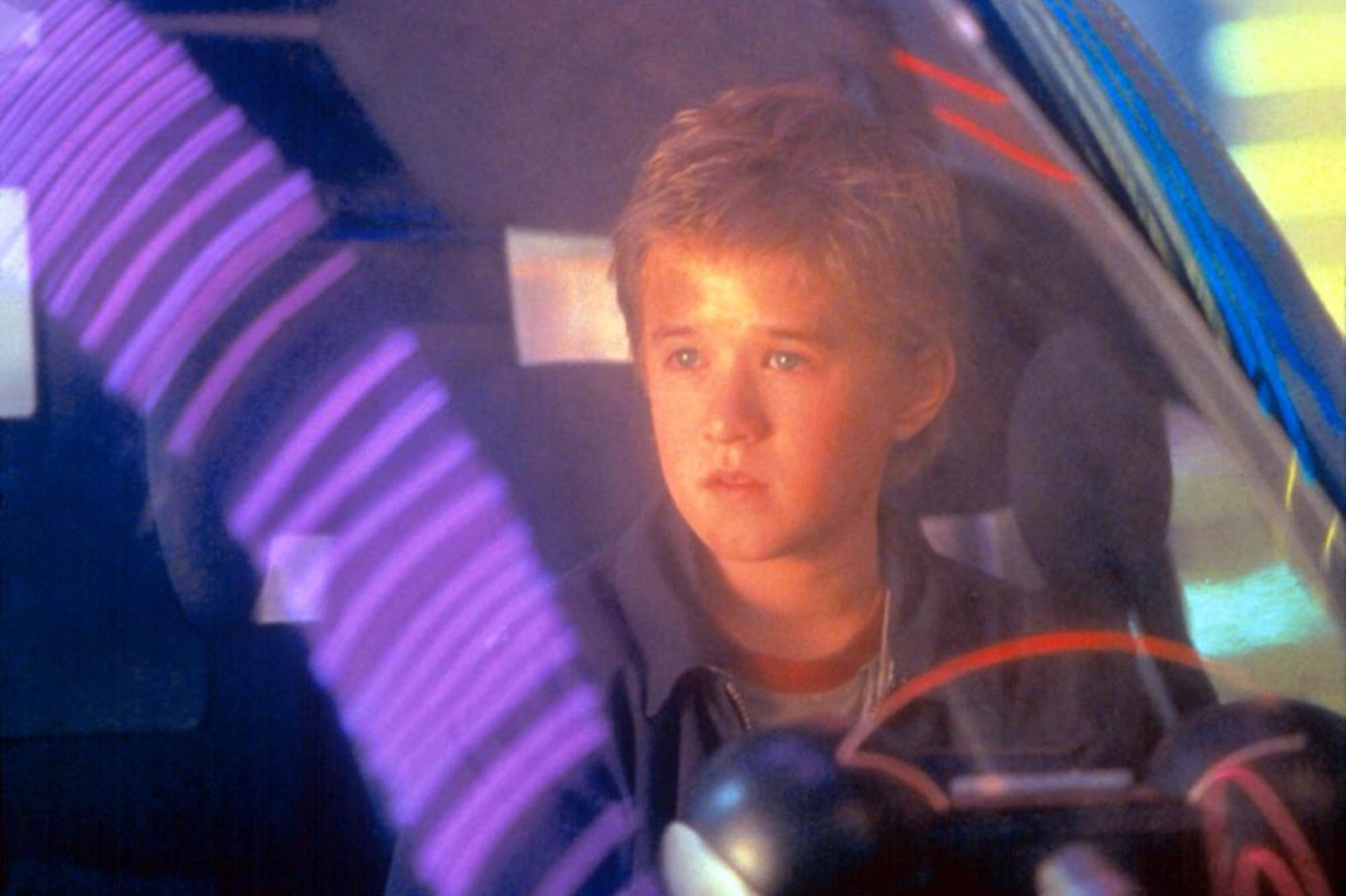
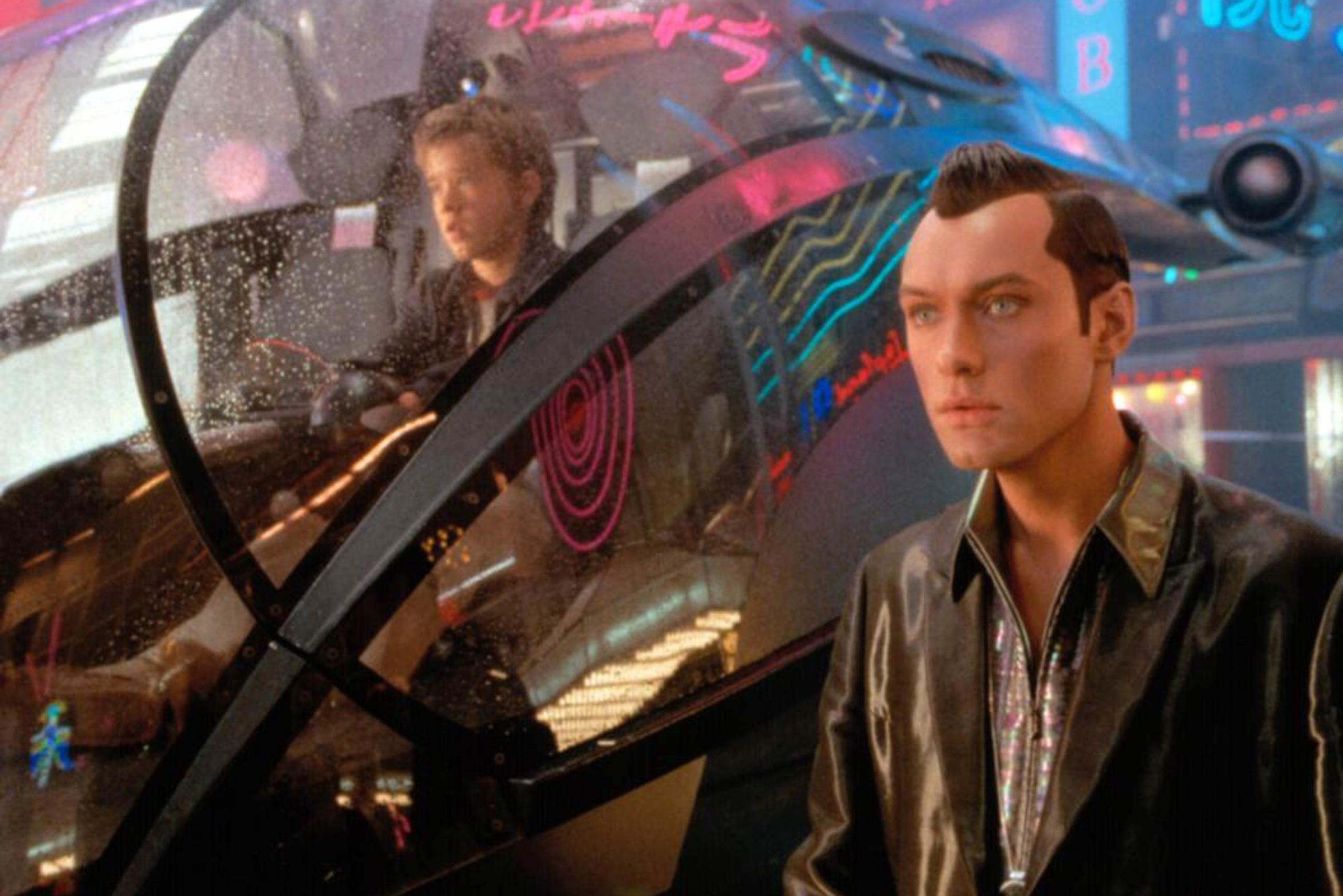
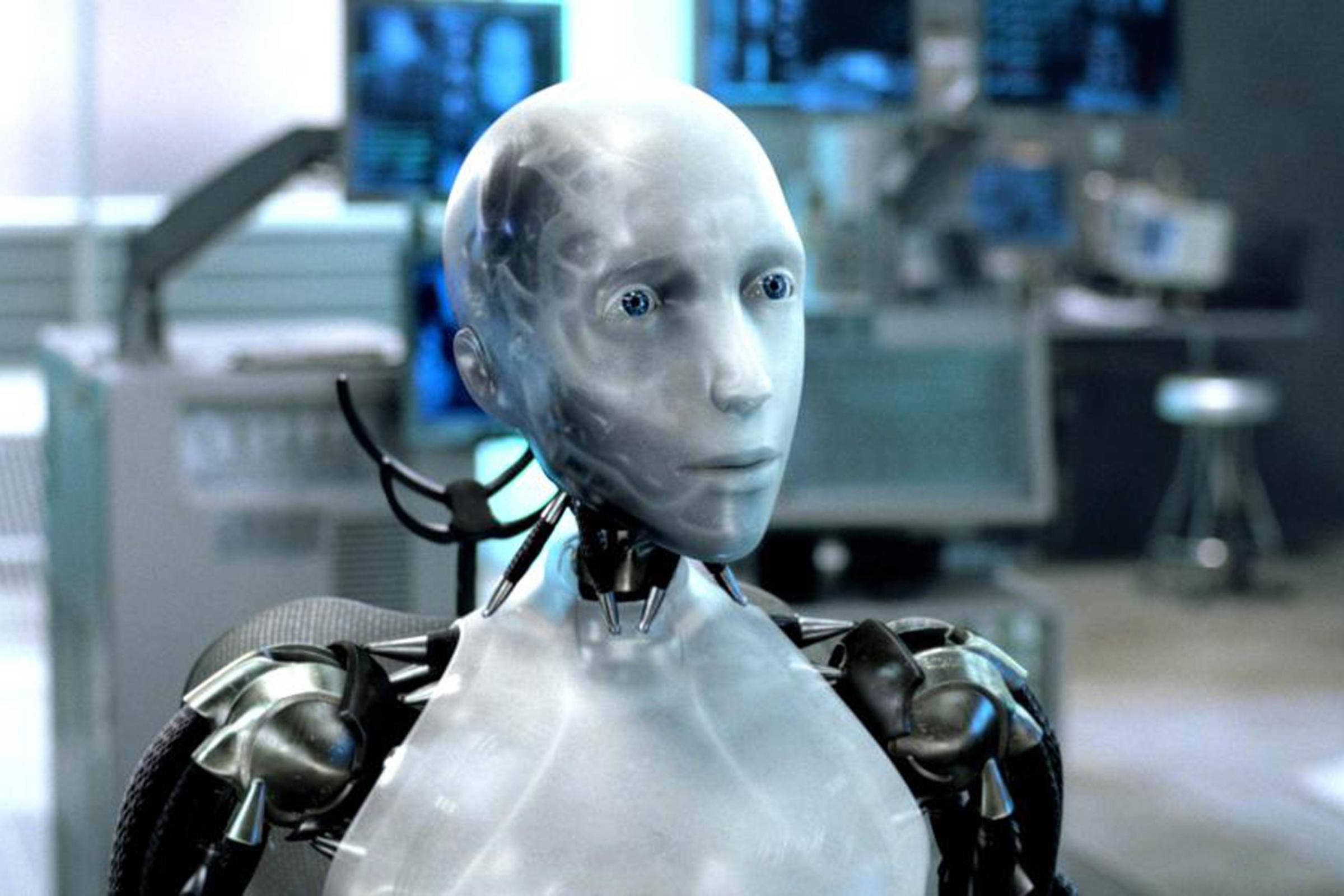
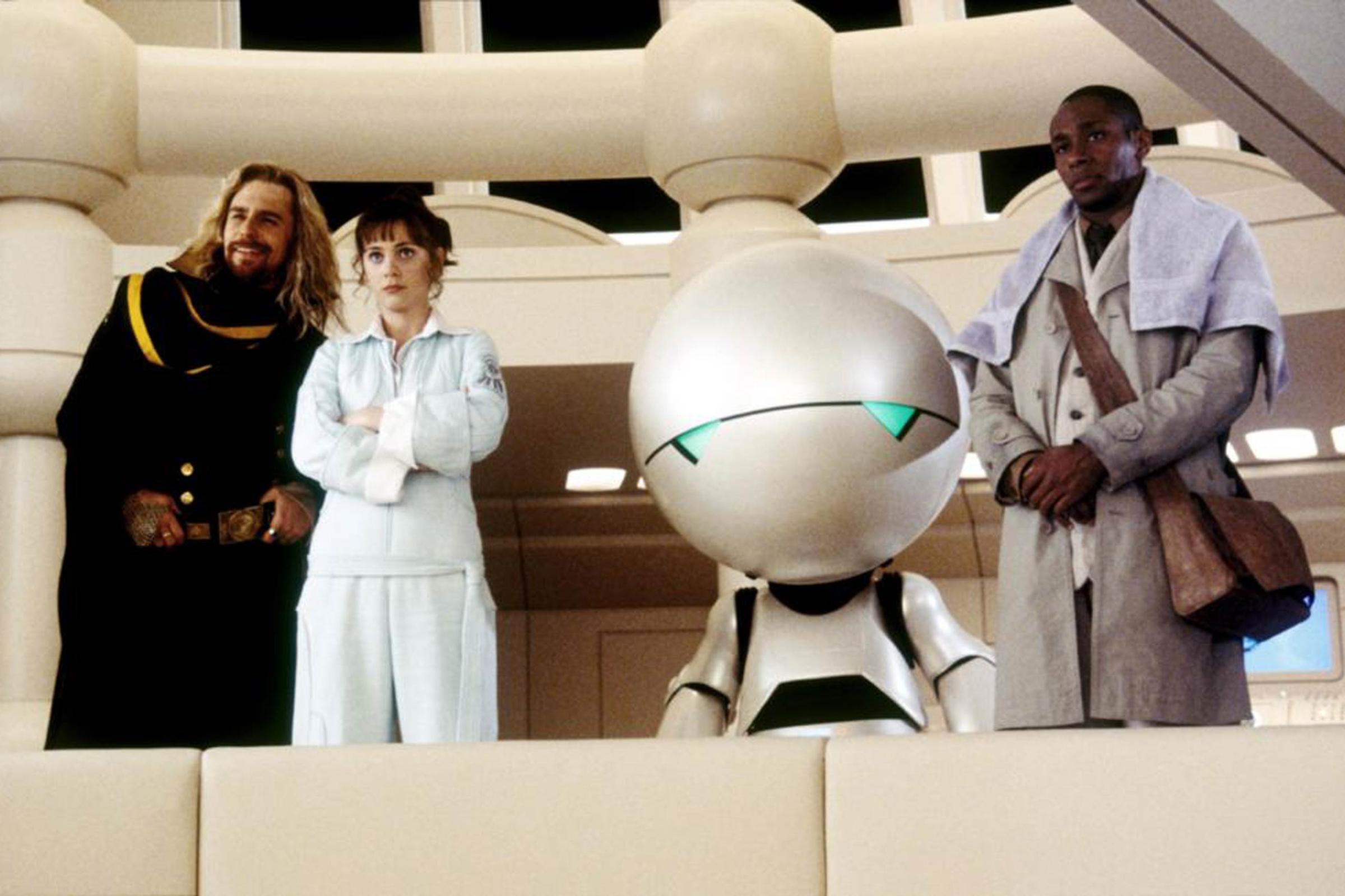
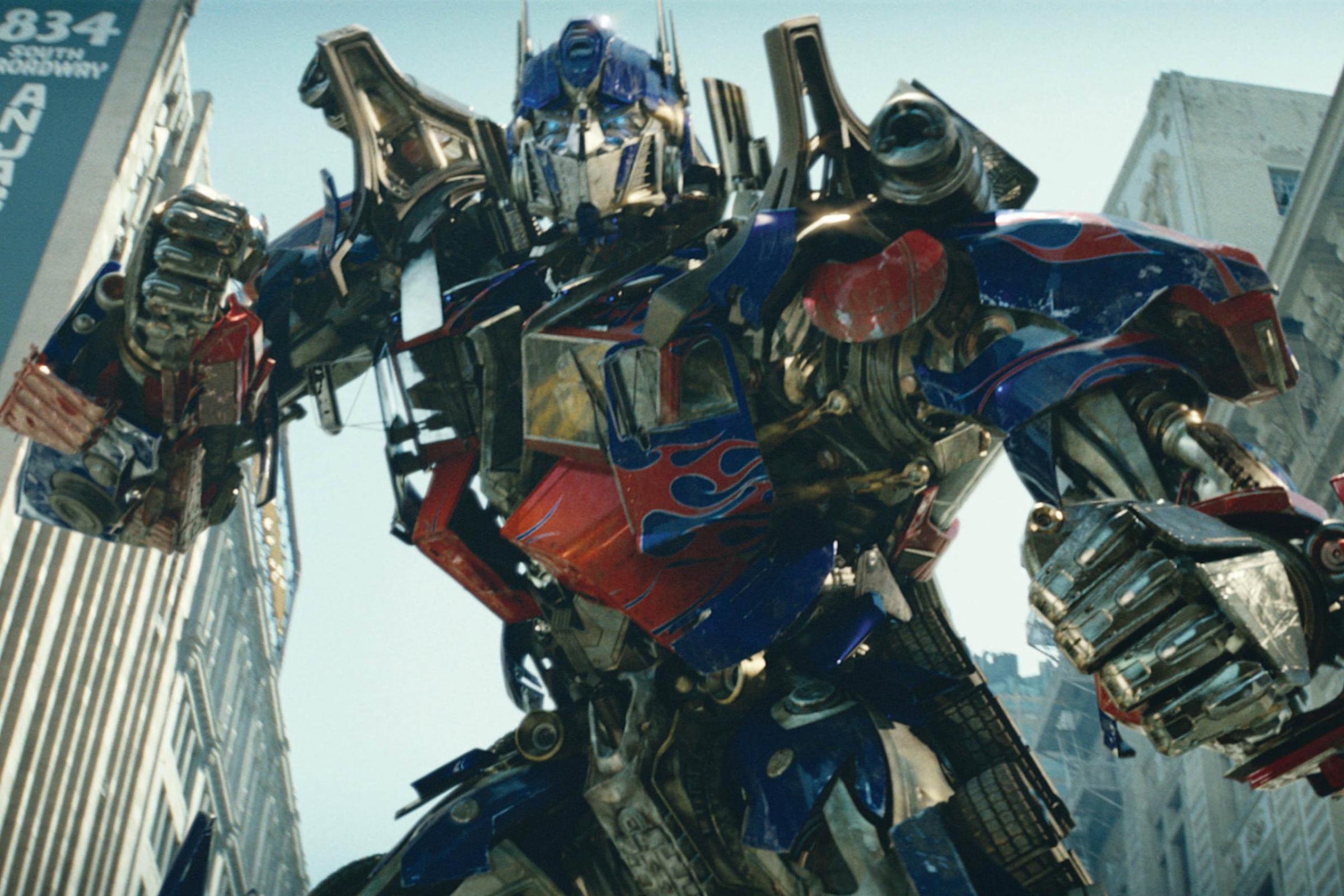
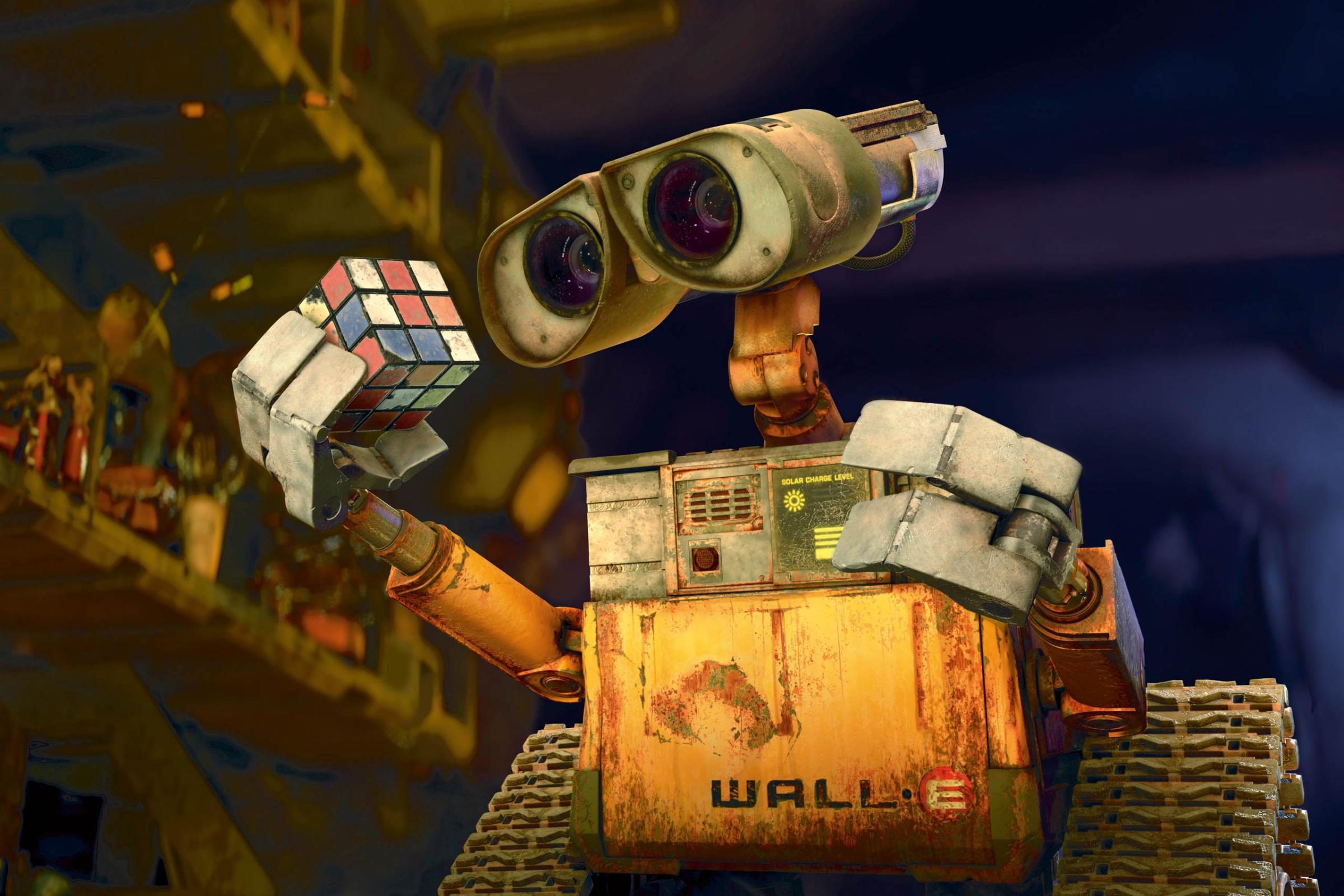
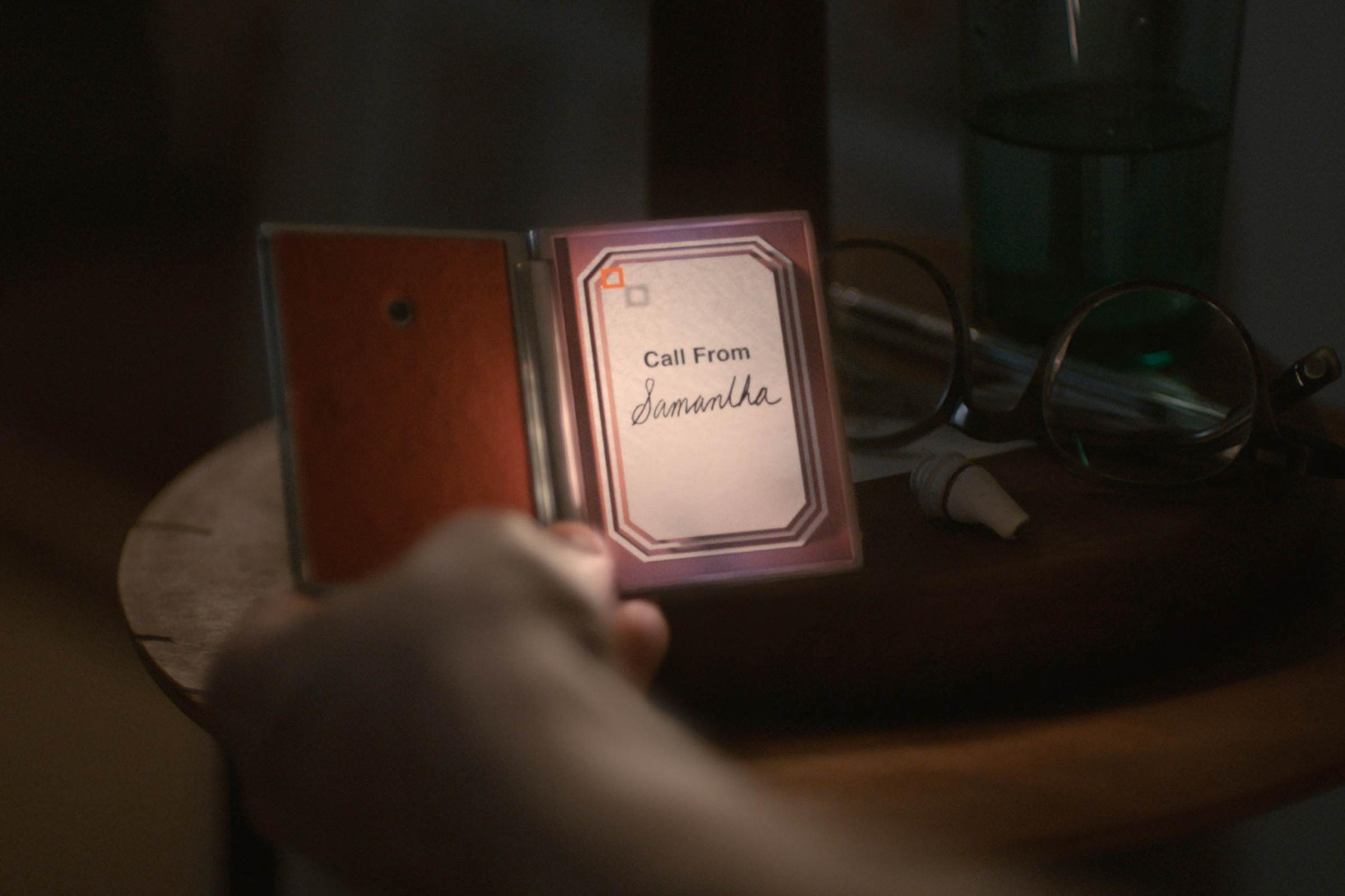
More Must-Reads from TIME
- Donald Trump Is TIME's 2024 Person of the Year
- Why We Chose Trump as Person of the Year
- Is Intermittent Fasting Good or Bad for You?
- The 100 Must-Read Books of 2024
- The 20 Best Christmas TV Episodes
- Column: If Optimism Feels Ridiculous Now, Try Hope
- The Future of Climate Action Is Trade Policy
- Merle Bombardieri Is Helping People Make the Baby Decision
Contact us at letters@time.com